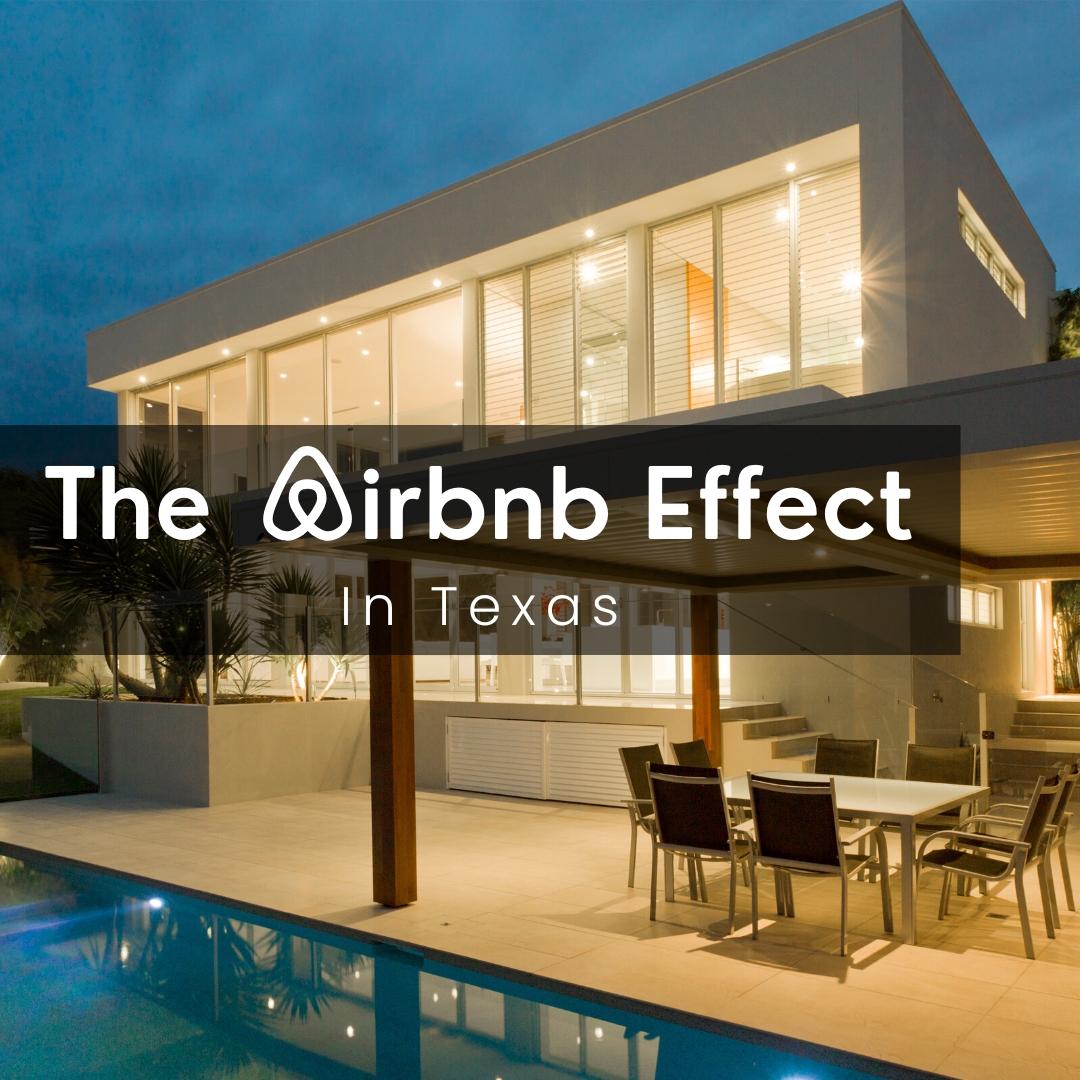In recent years, the rise of short-term rental platforms like Airbnb has significantly impacted the real estate market across the globe. In Texas, this impact has been especially pronounced, as the state's growing population, booming economy, and increasing tourism have created a thriving market for short-term rentals. This article explores the Airbnb effect on the Texas housing market, discussing the pros and cons for property owners and investors.
The Growth of Airbnb in Texas
According to Airbnb's internal data, Texas saw a 40% increase in active listings between 2019 and 2022, with major cities like Austin, Houston, Dallas, and San Antonio experiencing significant growth in short-term rental properties (Airbnb, 2022). This surge can be attributed to several factors, including the state's friendly regulatory environment, the rise of remote work allowing people to travel more, and the increasing popularity of Texas as a tourist destination (Forbes, 2021).
Pros of the Airbnb Effect on the Texas Real Estate Landscape
1. Economic Growth: The growth of short-term rentals in Texas has generated significant revenue for property owners, local businesses, and the state itself. According to a report by the Texas Comptroller of Public Accounts, short-term rentals contributed $3.3 billion to the state's economy in 2021, supporting over 30,000 jobs (Texas Comptroller of Public Accounts, 2021).
2. Diversification of Investment Opportunities: The rise of Airbnb has opened up new investment opportunities for property owners and investors in Texas. By converting their properties into short-term rentals, owners can capitalize on the growing demand for flexible accommodation and potentially earn higher returns compared to traditional long-term rentals (Real Estate Weekly, 2021).
3. Revitalization of Neighborhoods: Short-term rentals can help revitalize neighborhoods and boost local economies by attracting tourists and business travelers. This increased foot traffic can stimulate the growth of local businesses, such as restaurants, shops, and entertainment venues (Urban Land Institute, 2021).
Cons of the Airbnb Effect on the Texas Real Estate Landscape
1. Housing Affordability: The rise of short-term rentals has been linked to increasing housing costs in some Texas cities, as property owners opt to convert long-term rentals into more lucrative short-term accommodations. This reduction in available long-term housing options can exacerbate the affordability crisis in cities like Austin and Dallas (Texas Tribune, 2021).
2. Neighborhood Disruption: The proliferation of short-term rentals can lead to disruptions in residential neighborhoods, as transient guests may not be as invested in maintaining community standards. This can result in increased noise, traffic, and safety concerns for long-term residents (Austin American-Statesman, 2021).
3. Regulatory Challenges: As short-term rentals continue to grow, cities across Texas may face challenges in enforcing and updating regulations to address the unique issues posed by this new form of accommodation. This can result in a patchwork of local regulations, creating uncertainty for property owners and investors (Houston Chronicle, 2021).
Conclusion
The Airbnb effect has undeniably transformed the Texas real estate landscape, presenting both opportunities and challenges for property owners and investors. While the growth of short-term rentals has spurred economic growth and diversified investment opportunities, concerns about housing affordability and neighborhood disruptions must also be considered. As the market continues to evolve, striking a balance between the benefits and drawbacks of short-term rentals will be crucial for the long-term health of the Texas housing market.
Written by: Texas Roadrunner Realty with ChatGPT
Image by Canva





